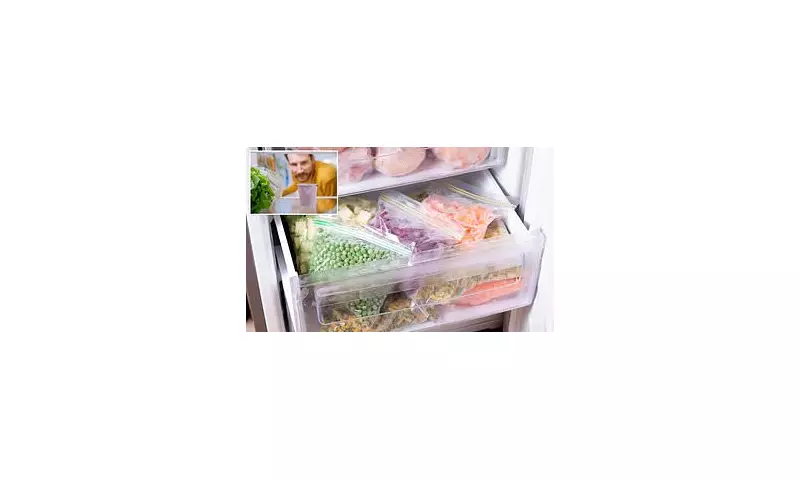
Are you committing culinary crimes in your own kitchen? A groundbreaking new food safety guide has exposed the common freezer mistakes costing UK households a fortune in ruined groceries and disappointing meals.
The Frozen Faux Pas We're All Making
It turns out that trusty freezer drawer might be your worst enemy when it comes to preserving flavour and texture. Contrary to popular belief, freezing isn't a one-size-fits-all solution for food preservation.
The Top 10 Offenders: What NEVER to Freeze
- Crispy Vegetables – Lettuce, cucumbers, and radishes transform into soggy, unusable messes due to their high water content.
- Dairy Dilemmas – Milk, yoghurt, and cream separate and become grainy, losing their smooth texture entirely.
- The Egg Catastrophe – Whole eggs in their shells expand and crack, creating a messy explosion waiting to happen.
- Fried Food Fiascos – That crispy coating on your favourite takeaway turns soft and rubbery upon thawing.
- Soft Cheese Sabotage – Cream cheese and cottage cheese become watery and lose their spreadable consistency.
- Carbonation Calamities – Fizzy drinks can expand and potentially cause containers to burst in your freezer.
- Mayonnaise Mayhem – This emulsion separates irreversibly, creating an unappetising oily layer.
- Potato Problems – Raw potatoes become discoloured and gritty, while cooked ones turn mushy.
- Canned Catastrophes – Contents expand and risk bursting the can, creating potential safety hazards.
- Defrosting Disasters – Never refreeze previously thawed food, as it becomes a breeding ground for bacteria.
Why These Foods Turn Against Us
The science behind these freezer failures comes down to water content and cell structure. When water within food freezes, it expands and forms ice crystals that rupture cell walls. Upon thawing, foods lose their structural integrity, resulting in mushy textures and separated components.
The Right Way to Freeze: Professional Tips
For successful freezing, always:
- Use airtight, freezer-safe containers or heavy-duty bags
- Label everything with dates to track storage time
- Freeze items at their freshest point
- Leave appropriate headspace for liquids to expand
- Cool foods completely before freezing to maintain temperature
This revelation could revolutionise how British households approach food storage, potentially saving millions in wasted food annually. The message is clear: sometimes, the fridge or pantry is simply the better choice for preserving your food's quality and safety.





